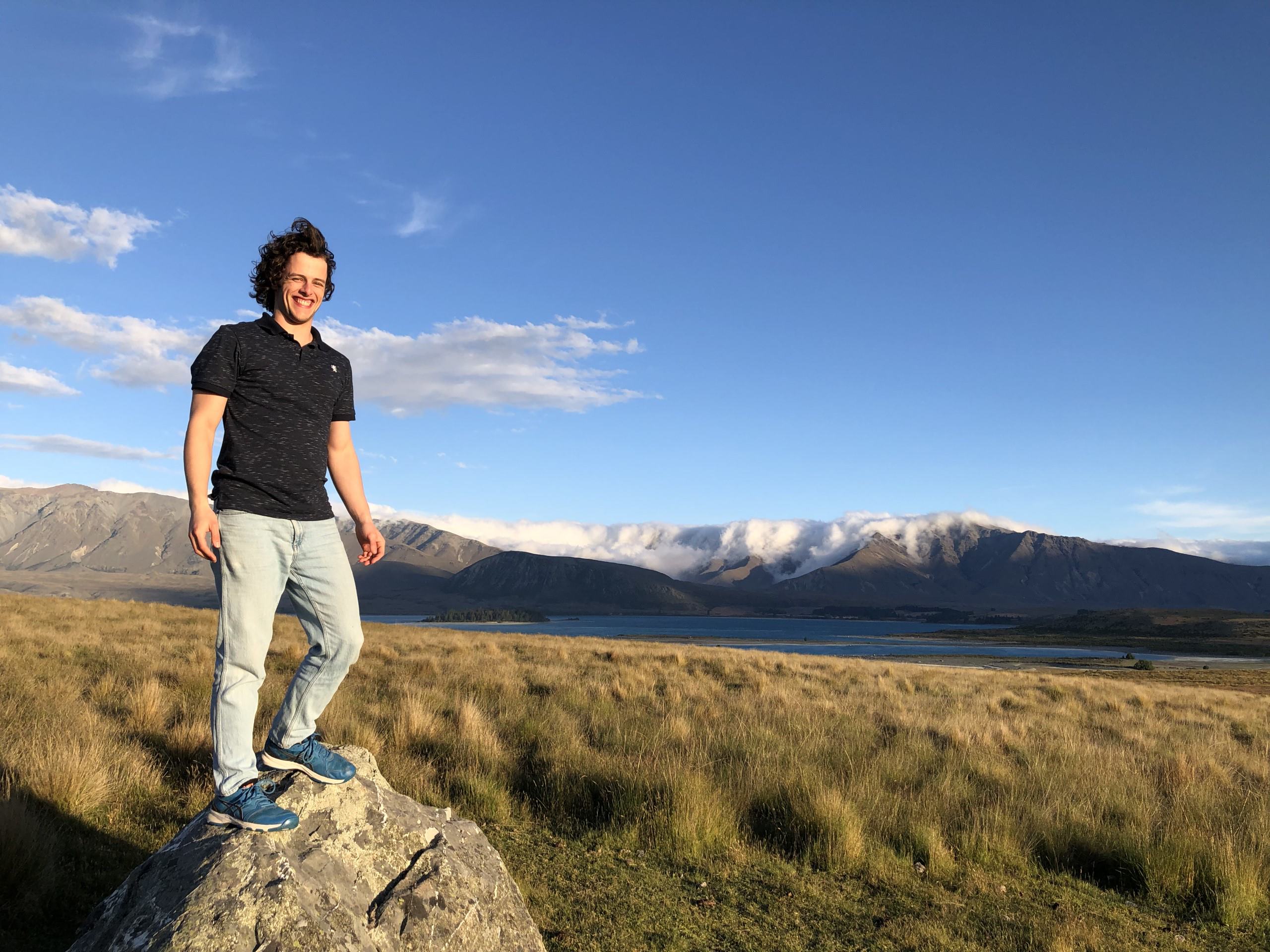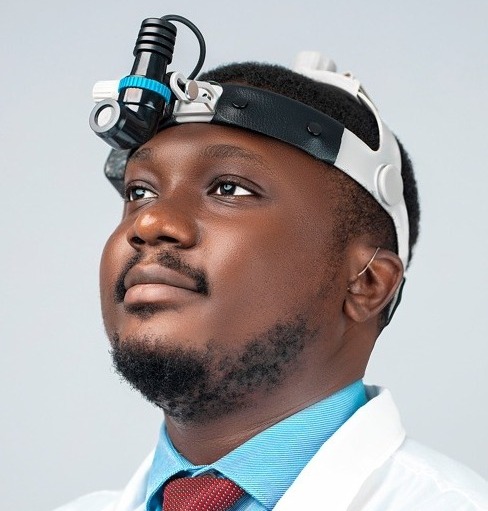
“Padapillo,” a children’s book about late onset hearing loss
May 5, 2021
Religion gets increasingly accessible to the deaf community
May 10, 2021Meet Phonak “hEARo” Elspeth Bowes

Phonak “hEARo” Elspeth Bowes’ bilateral moderate-to-severe hearing loss wasn’t discovered until she was 12. Prior to that, she constantly missed elements of family conversations and was forever being told to turn down the TV. At age seven, she was offered grommets (tubes) in case of glue ear, which didn’t help. When she was finally taken to an audiologist at age 12, her life began to change for the better.
HearingLikeMe caught up with Ellie, who is a new addition to our Phonak “hEARos” program. She shared a little about herself and her experiences.
Interview with Phonak “hEARo” Elspeth Bowes
HLM: What was your childhood like?
Ellie : I had an extremely happy childhood. I grew up in a lovely house in Kent with two sisters and both parents. Of course we argue like any normal family, but for the most part we all get on well. Although I’ve had a hearing deficit my whole life, my parents and I were repeatedly told by my doctors and teachers that there wasn’t a problem and that I was just a “late developer.” I thought I would eventually grow out of it, whatever “it” was that made me feel rather disconnected from the world.
HLM: How did you do in school?
Ellie: At school, I was constantly falling behind and not achieving the same results as my classmates. I went to private school from age five to 16 with my hearing problem only being diagnosed when I was 12. I was never the smartest and was always in trouble for not doing my homework or [for] distracting people in class. [As well as I could, I got on with things], and didn’t worry too much when I got low scores in my weekly spelling test. One teacher once told me that I would never get anywhere in life. That really stuck with me, but I think it made me want to fight harder to get to where I am today.
HLM: Did you ever think you would one day be a university graduate?
Ellie: Finding out quite late on in life about [my hearing loss] left me pretty deflated about what was possible for my future. I certainly never believed I would get to where I am today. I am proud to say that last summer, 2020, I completed my degree in Sociology with Social Psychology from the University of York achieving a 2:1 (an upper second class degree at the highest level).
“I certainly never believed I would get to where I am today.”
HLM: What made you choose to go into psychology?
Ellie: I chose to go into psychology because I thought it was a fascinating subject. Understanding human behaviors and processes really helped me understand interactions I constantly had with people that made me feel disconnected from them. The insight I got from studying thought process and motivations in turn helped me become a better communicator.
HLM: How did you find university and what were the biggest challenges?
Ellie: University was by far the best thing I’ve ever done in life. Ignoring the work side of it, I had so much fun and met so many great people that will be my friends for life. Lectures were difficult for me though. Having so many people in one room meant there was lots of background noise. As I’m not completely deaf, I always try not to make a fuss about not being able to hear. Luckily my lectures were mostly recorded which was very helpful because I could go back and watch them in my own time, pausing and rewinding if i missed anything or needed more time to process and understand.
HLM: Are you involved in any deaf groups, organizations, or charities?
Ellie: The short answer to this is no. But I did meet the deaf society by chance while working at a beer festival at uni. [When] I was waitressing and I told them about my hearing deficit, they took a particular liking to me. [Because] I don’t know sign language, they thought it was pretty funny to sign rude jokes and try and make me understand them. I looked into joining the society in York, however, my uni work was enough for me.
Read more: Comparing deaf services in the UK and US
HLM: What are your goals for the future?
Ellie: I want to travel more and see different cultures and how other people live. Helping people and caring for people is a big passion of mine and so I think my career will be something to do with that. At the moment I’m not rushing into anything and just enjoying life.
HLM: How would you sum up your mission in life?
Ellie: I want to share my experiences with other young people and hope to help understand what hearing aids can do to help them live a richer life, whatever stage in growing up they are at.
HLM: What advice would you give to other deaf or hard of hearing students in regard to career?
Ellie: Don’t be afraid to ask for help. Finding what you want to do in life is a big and daunting task. I think most hard of hearing or deaf students can relate to feeling confused and embarrassed [about missing] things. Now I’m living a full and rewarding life and know exactly what everyone is saying to me and about me! Having support around me has massively helped me with this, but I can’t put enough emphasis on my Phonak hearing aids. They have had such a positive impact on my life.




